On February 20, the Hanoi Department of Education and Training (DET) held a conference to activate the Foreign Language Self-Study Month 2025, an initiative to promote lifelong learning and contribute to the roadmap to build Hanoi into a UNESCO global learning city.
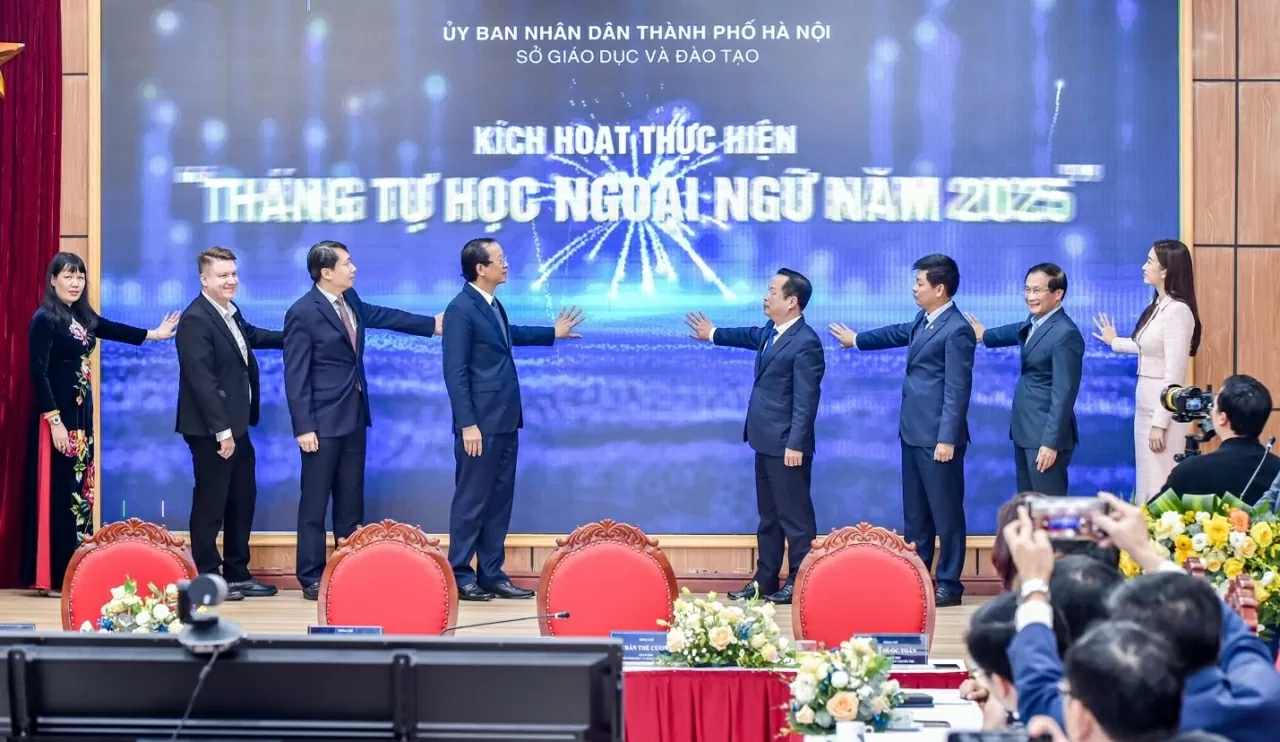 |
| Delegates launched Foreign Language Self-Study Month. |
The event was attended by Deputy Minister of Education and Training Pham Ngoc Thuong, Director of Hanoi Department of Education and Training Tran The Cuong, and more than 7,000 teachers and students at more than 500 connection points in the city.
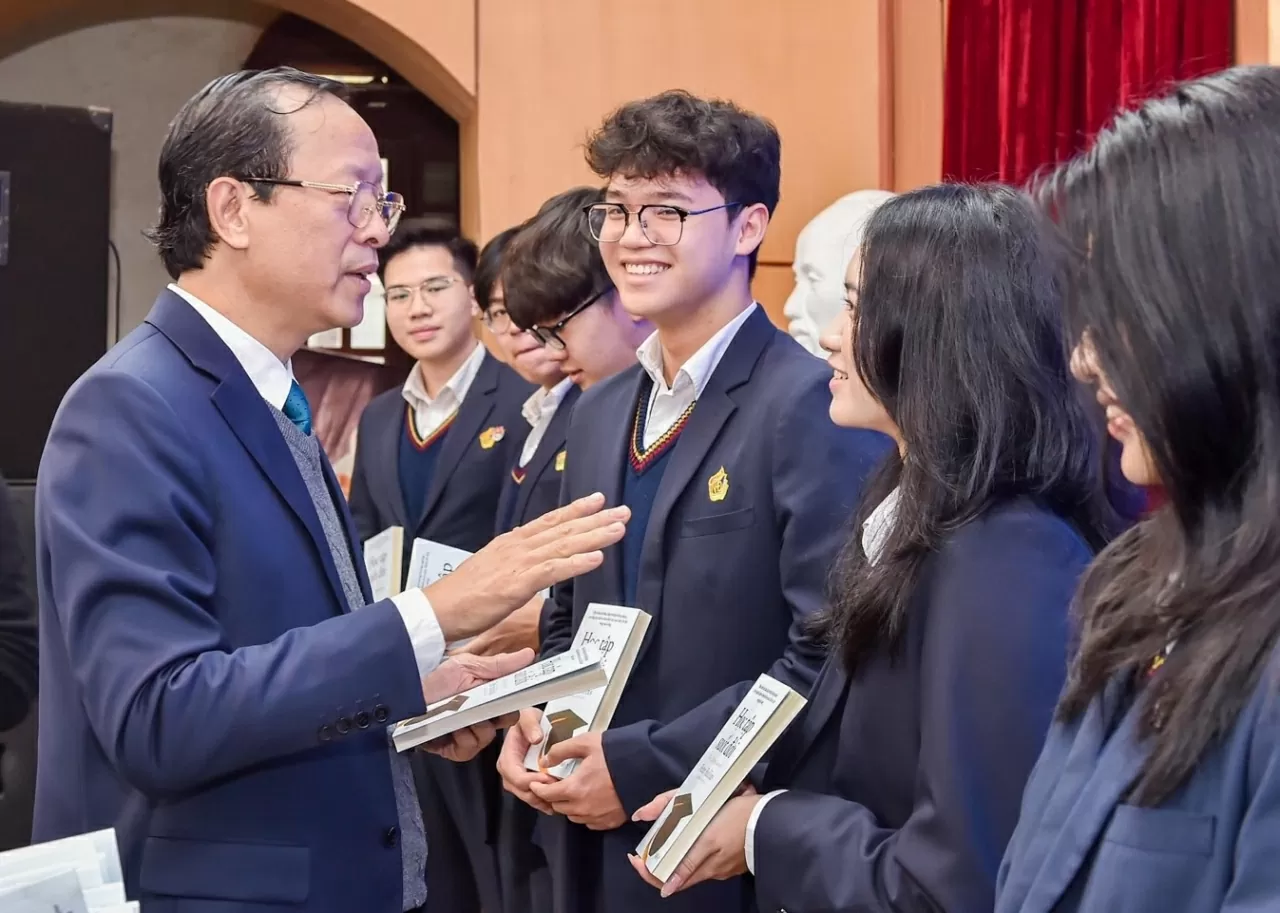 |
| Deputy Minister of Education and Training Pham Ngoc Thuong presented books to foster lifelong learning spirit to students in Hanoi. |
Promoting foreign language skills, aiming for global goals
“Foreign language self-study month” is not only an initiative to improve foreign language skills for students and teachers in the capital, but also demonstrates Hanoi's strong commitment to implementing UNESCO's criteria on building a learning city, aiming to join this Network in 2025.
At the conference, Director of the Hanoi Department of Education and Training Tran The Cuong emphasized that the initiative of foreign language self-study month is one of the breakthrough solutions of the capital's education sector, aiming to improve foreign language skills for students, teachers, and gradually make English the second language in schools.
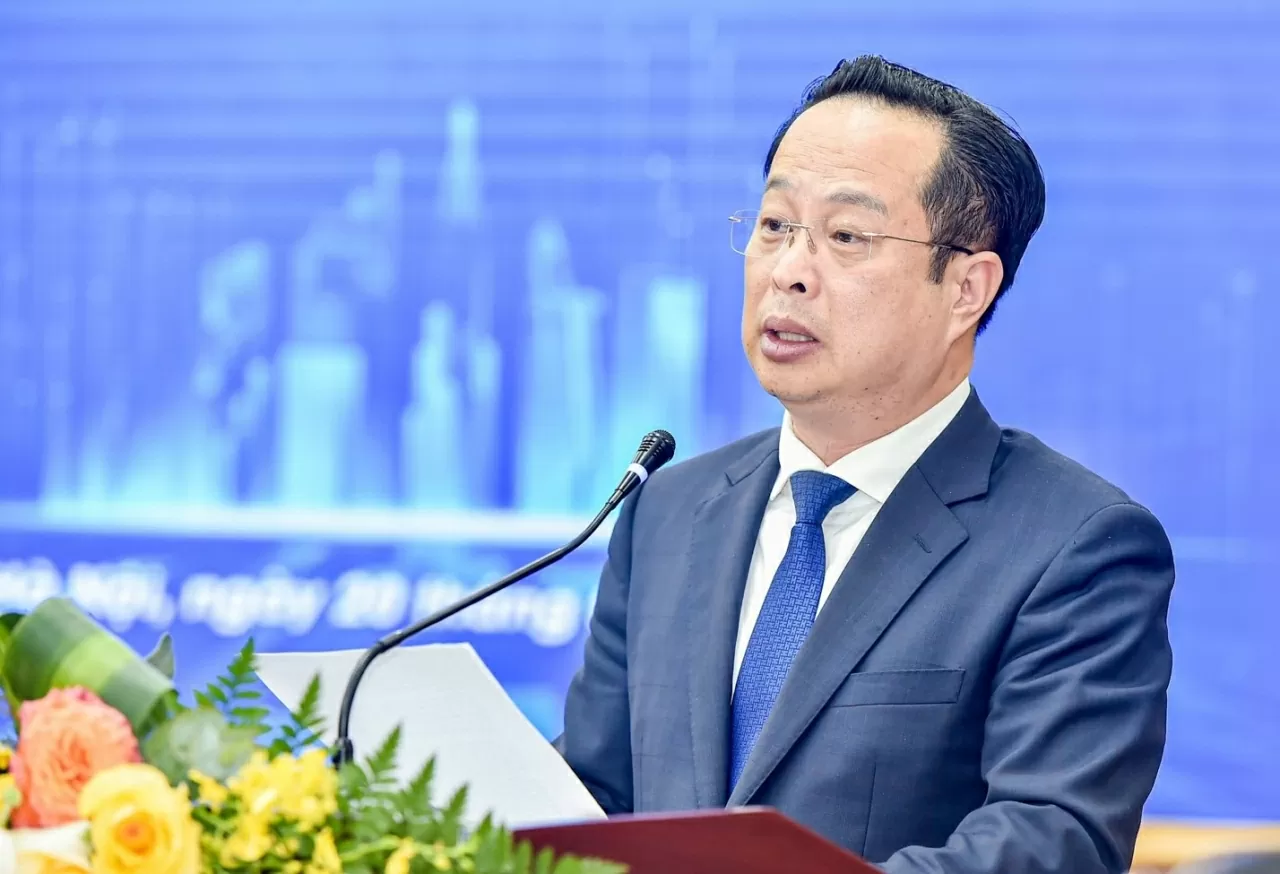 |
| Director of Hanoi Department of Education and Training Tran The Cuong spoke at the conference. |
This is also a solution of the industry to concretize the plan to narrow the gap in the quality of foreign language teaching and learning between schools in inner-city and suburban areas, contributing to promoting international integration, meeting the requirements of improving the quality of human resources to serve the country's development in the new period.
The movement was launched on January 9 and has received strong support from the community. On the FSEL online learning platform, more than 700,000 people have registered to participate, including more than 593,000 students and nearly 21,000 teachers. Of these, 615,000 accounts have completed verification, reaching 100% of the registration number, and more than 515,000 accounts are completing the English proficiency assessment.
Inspiring lifelong learning to the community
The Foreign Language Self-Study Month movement not only attracted students but also received active participation from teachers. Many principals proactively registered for proficiency tests and participated in the 4-week self-study journey. Many teachers set their own score goals, studied and experienced with students, and inspired the whole school to learn.
Miss Vietnam 2018 Do My Linh, a participant in the 2025 Foreign Language Self-Study Month, shared: “The movement has had a strong influence, not only in schools but also in many localities and community learning centers. Consider learning a foreign language an interesting journey, where each vocabulary and each sentence learned will open up new opportunities, helping us connect with the world more confidently.”
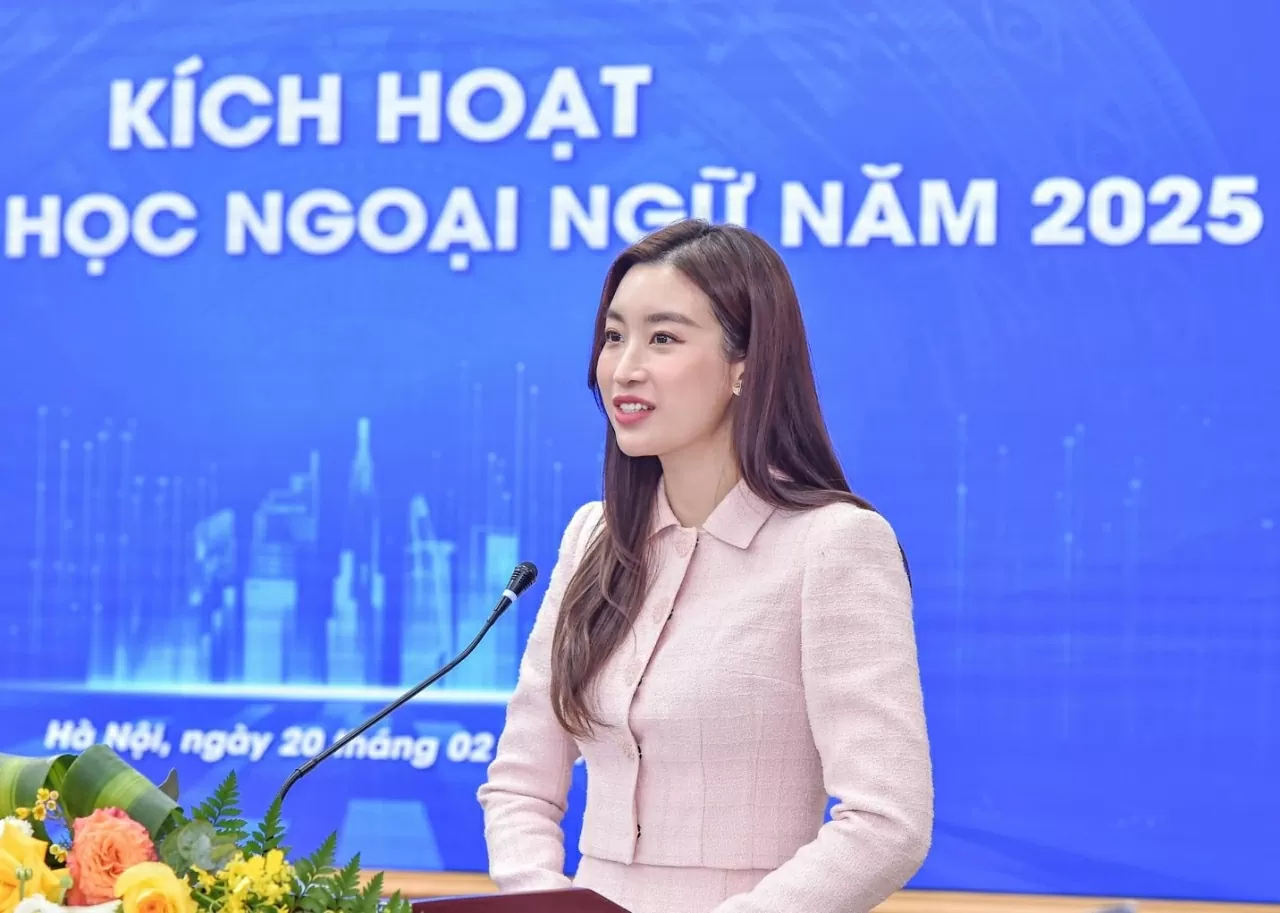 |
| Miss Vietnam 2018 Do My Linh shares her insights on this initiative. |
Foreign language self-study month is not just a month-long movement, but more importantly, it creates motivation to form self-study habits and abilities, helping each individual to be proactive in their learning process even when the official program ends.
Thus, Foreign Language Self-Study Month is not only a short-term educational activity but also has long-term significance in changing the thinking and learning habits of generations of students, teachers, and more broadly, the people of the capital. With the initiative and creativity of the Hanoi Department of Education and Training, Foreign Language Self-Study Month is not only a movement but also a strong driving force to spread the spirit of self-study, contributing to the sustainable development of education in the capital and the whole country.
Towards building a truly global learning city
In the context of knowledge economy and international integration, learning foreign languages is no longer an optional skill but an essential requirement to enhance national competitiveness. However, a city that truly becomes a learning city according to UNESCO criteria does not only rely on formal education programs but also requires a close connection between formal, non-formal and informal education systems, ensuring that all citizens have the opportunity to learn throughout their lives.
Deputy Minister of Education and Training Pham Ngoc Thuong highly appreciated this initiative, saying that this is a model that can be replicated in other provinces and cities, helping to build a flexible learning ecosystem, encourage people to learn for life and improve national competitiveness in the context of international integration.
With clear direction, support from the government and strong response from the community, Hanoi is getting closer to the goal of joining UNESCO's Global Network of Learning Cities, becoming an open, creative and sustainable educational center, meeting the requirements of development in the digital age and international integration.
Source








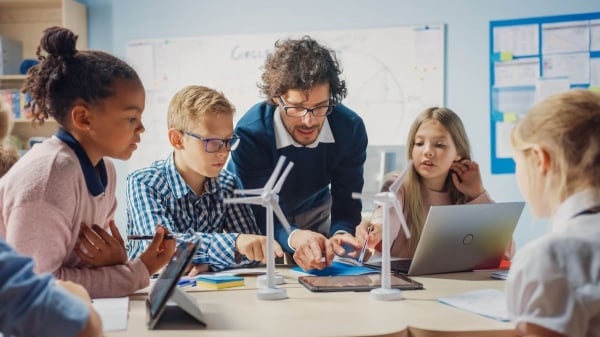
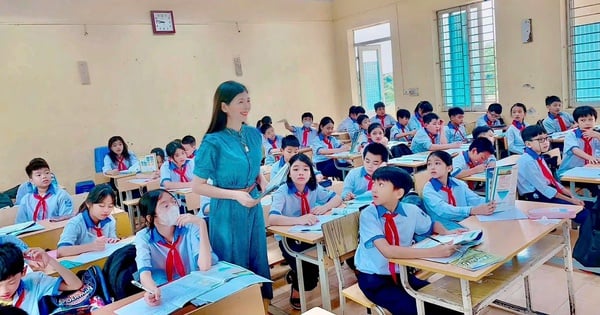

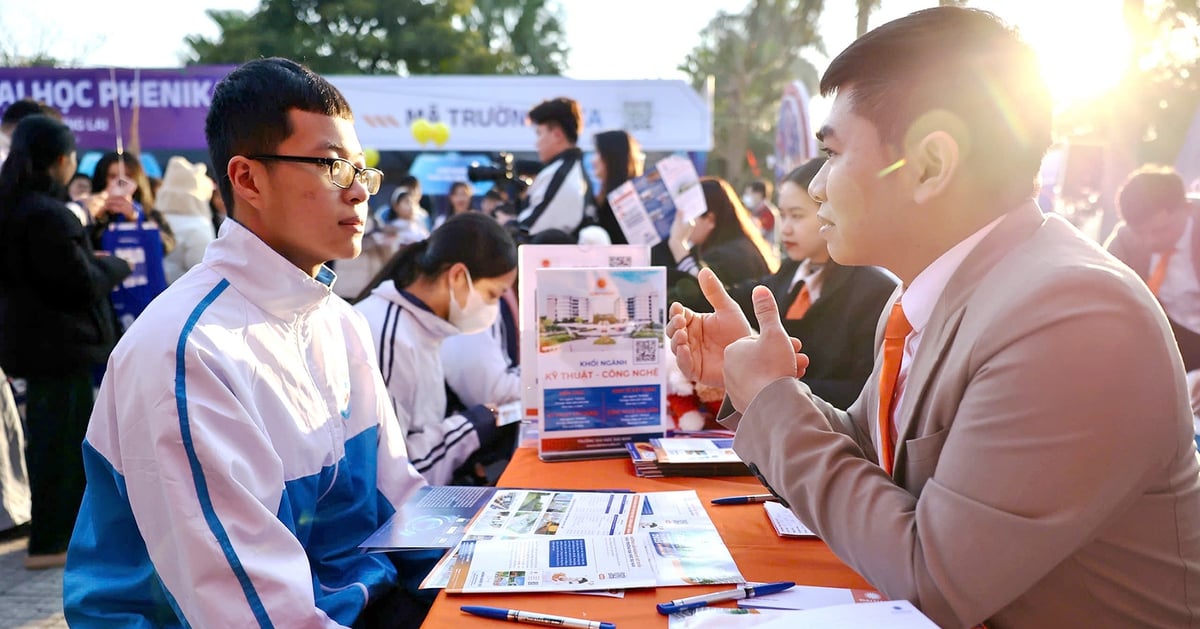

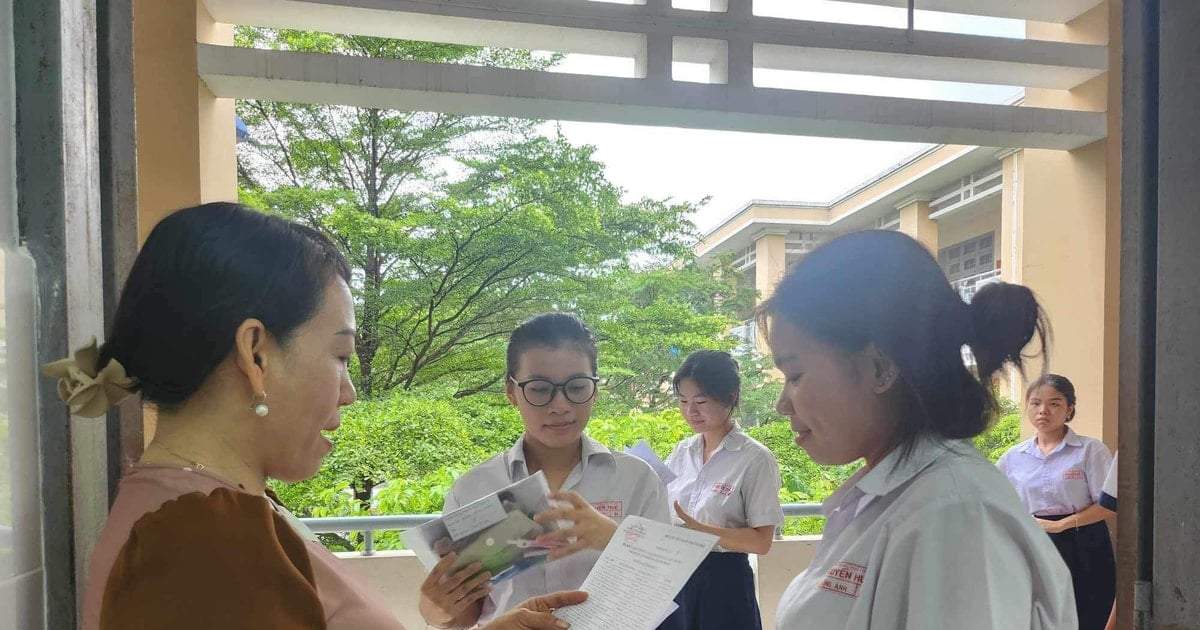

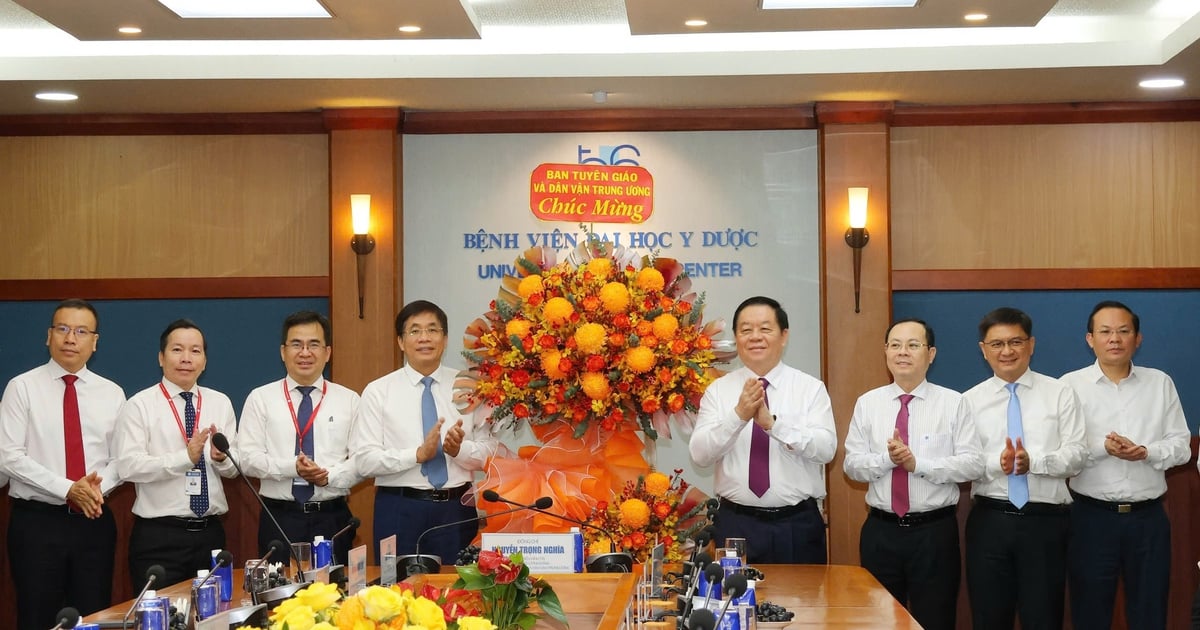



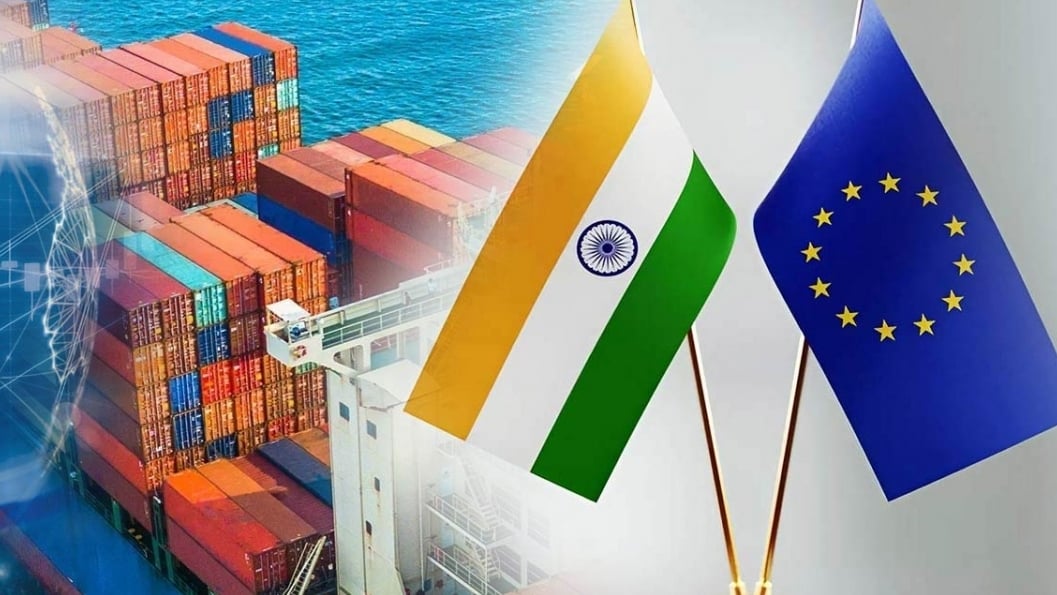
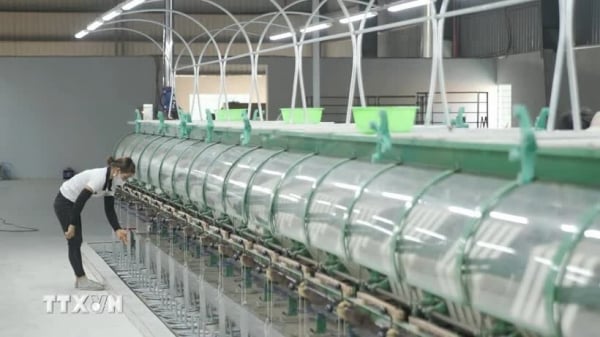
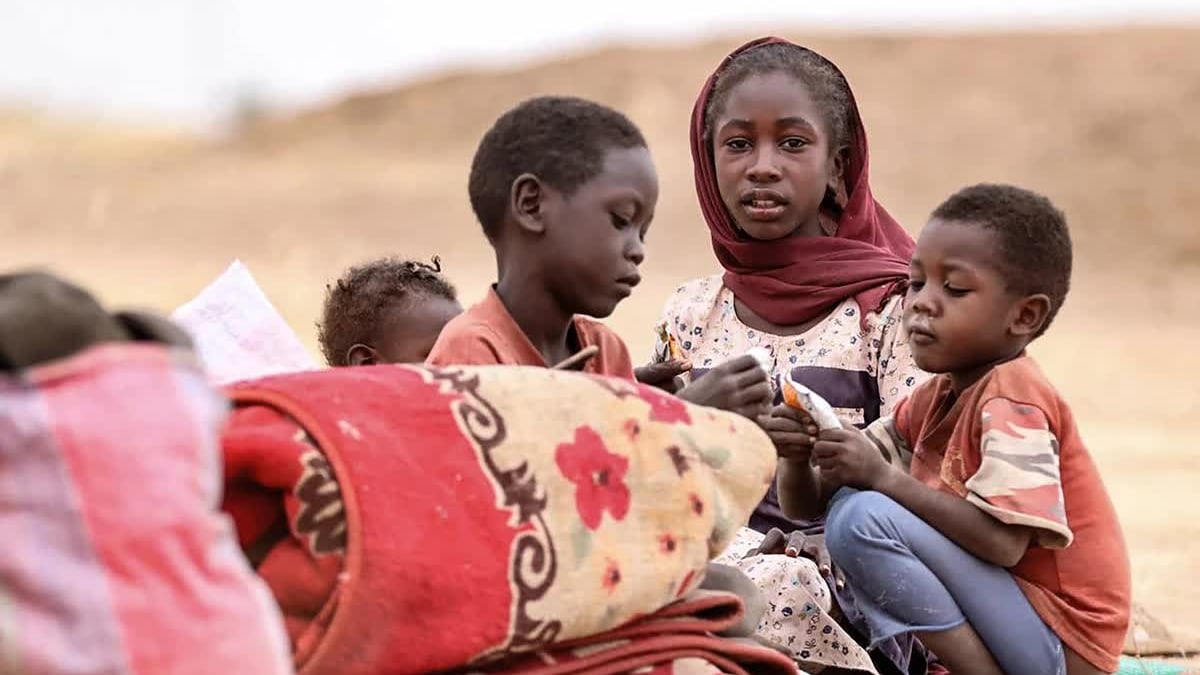



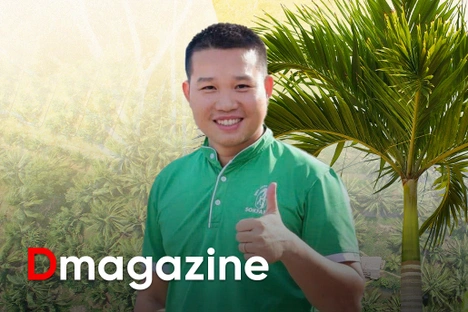



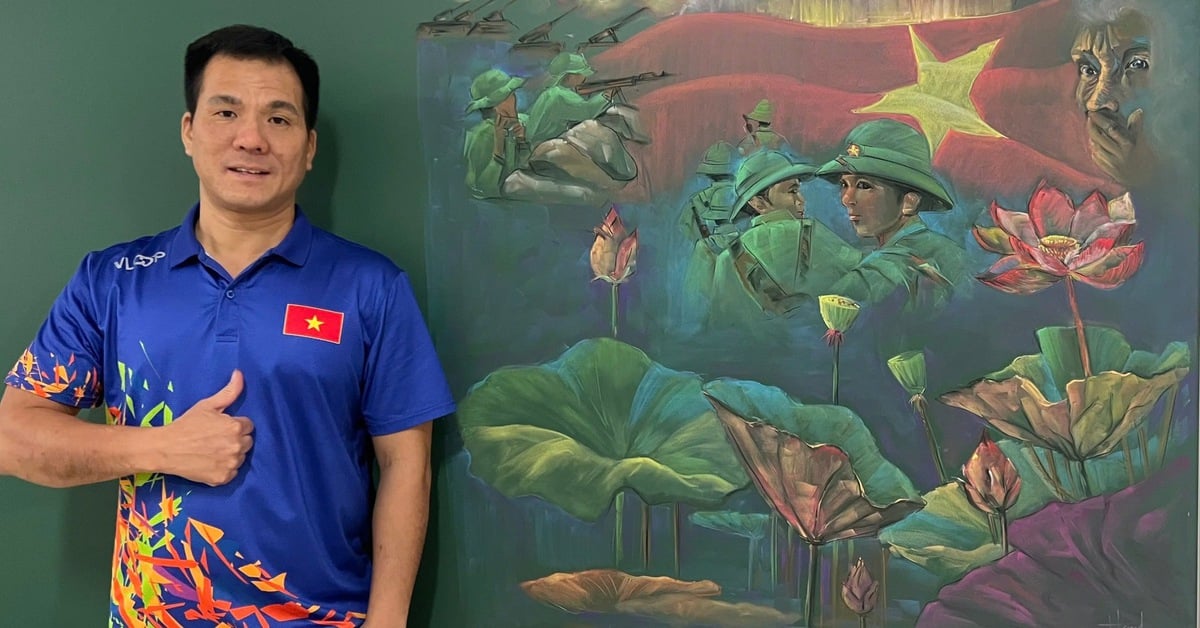
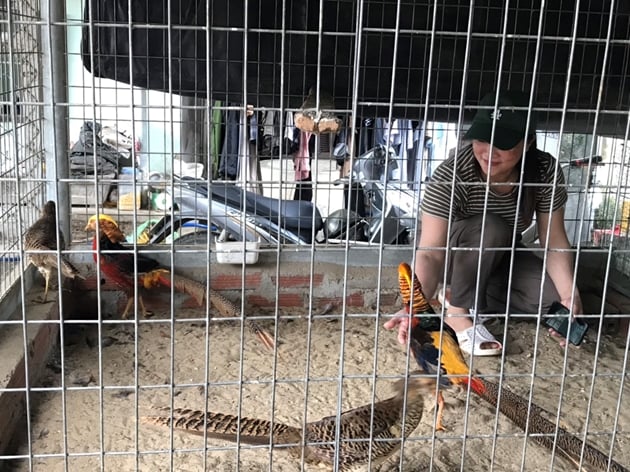


Comment (0)